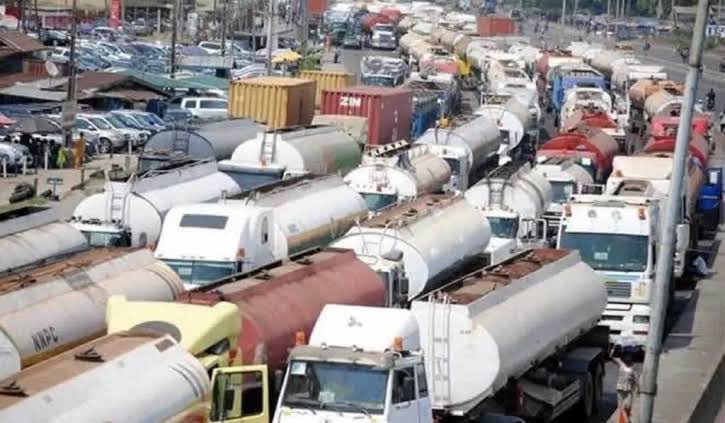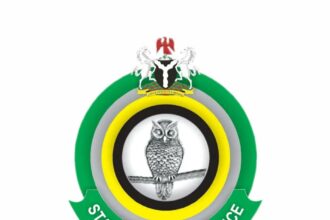
The Federal Government, through the Nigerian Midstream and Downstream Petroleum Regulatory Authority (NMDPRA), has officially banned the nighttime movement of petroleum tankers across the country. This measure is part of a broader initiative to reduce road accidents and explosions involving fuel-carrying trucks.Speaking at a safety sensitisation event in Lagos, NMDPRA Chief Executive Farouk Ahmed—represented by Dr. Mustapha Lamorde, Executive Director for Health, Safety, Environment and Community—announced that fuel trucks must now operate strictly between 6 a.m. and 6 p.m.
“Truck movements are no longer permitted at night. Violators of this directive will face sanctions,” Lamorde said, citing the frequent and deadly accidents involving tankers as the reason for the policy.
Stricter Volume Limits and Safety Measures
Lamorde further revealed that by the fourth quarter of 2025, no tanker will be allowed to carry more than 45,000 litres of petroleum products. The cap is part of the government’s phased ban on 60,000-litre trucks. A multi-agency technical committee has been formed to implement the new safety protocols, which include a 10-point checklist on vehicle condition, driver fitness, and onboard safety equipment.
“Smaller volumes make accidents easier to manage. We’ve also mandated anti-spill containment kits on all tankers and enforced a colour-coding system for easier identification,” he added.
Driver Safety and Compliance Emphasized
Comrade Gbolahan, Zonal Chairman of the Petroleum Tanker Drivers (PTD) branch of NUPENG in Lagos, cautioned drivers against speeding and overloading. He urged them to utilise their health insurance coverage and to report any hospitals requesting out-of-pocket payments.
Dr. Kassim Ibrahim, National Operational Coordinator of NARTO, praised the Tinubu administration and NMDPRA for prioritising driver safety. He reiterated the importance of safe driving practices, warning drivers to avoid alcohol and speeding.
“This is the first time a government is taking tanker safety this seriously. We stand fully behind this effort,” he said. FRSC Urges Caution, Accountability on RoadsAssistant Corps Commander of the FRSC, Hyginus Omeje, encouraged drivers to adopt defensive driving habits and be accountable for their own safety.
“Most accidents result from human error. Being right on the road doesn’t guarantee safety—always act to avoid a crash,” Omeje advised, urging drivers to maintain speed limits and calling on NARTO to ensure trucks are fitted with speed governors.As Nigeria enforces stricter safety measures for fuel transport, stakeholders hope the reforms will drastically reduce tanker-related fatalities and environmental disasters.
Source : https://punchng.com/








